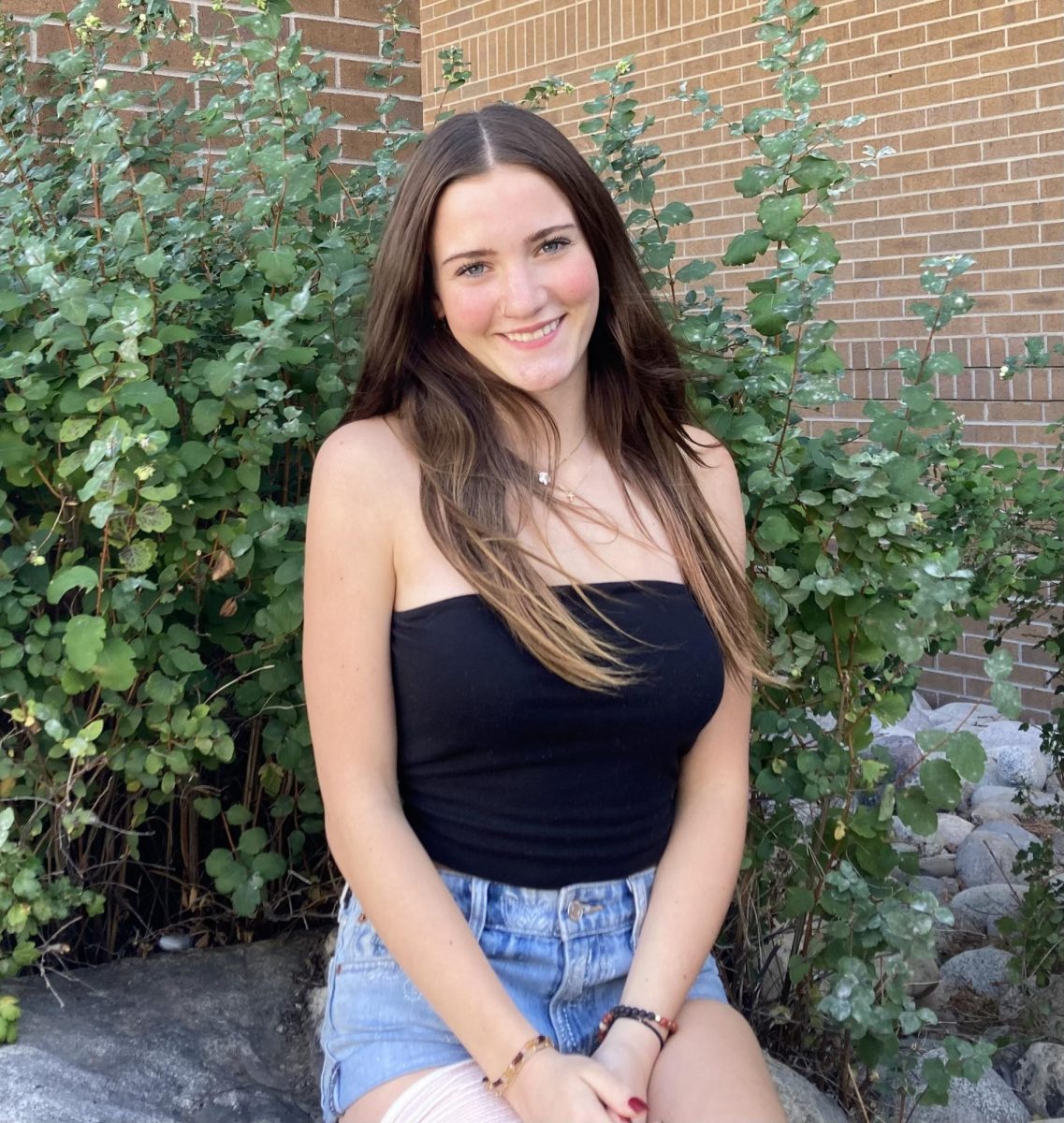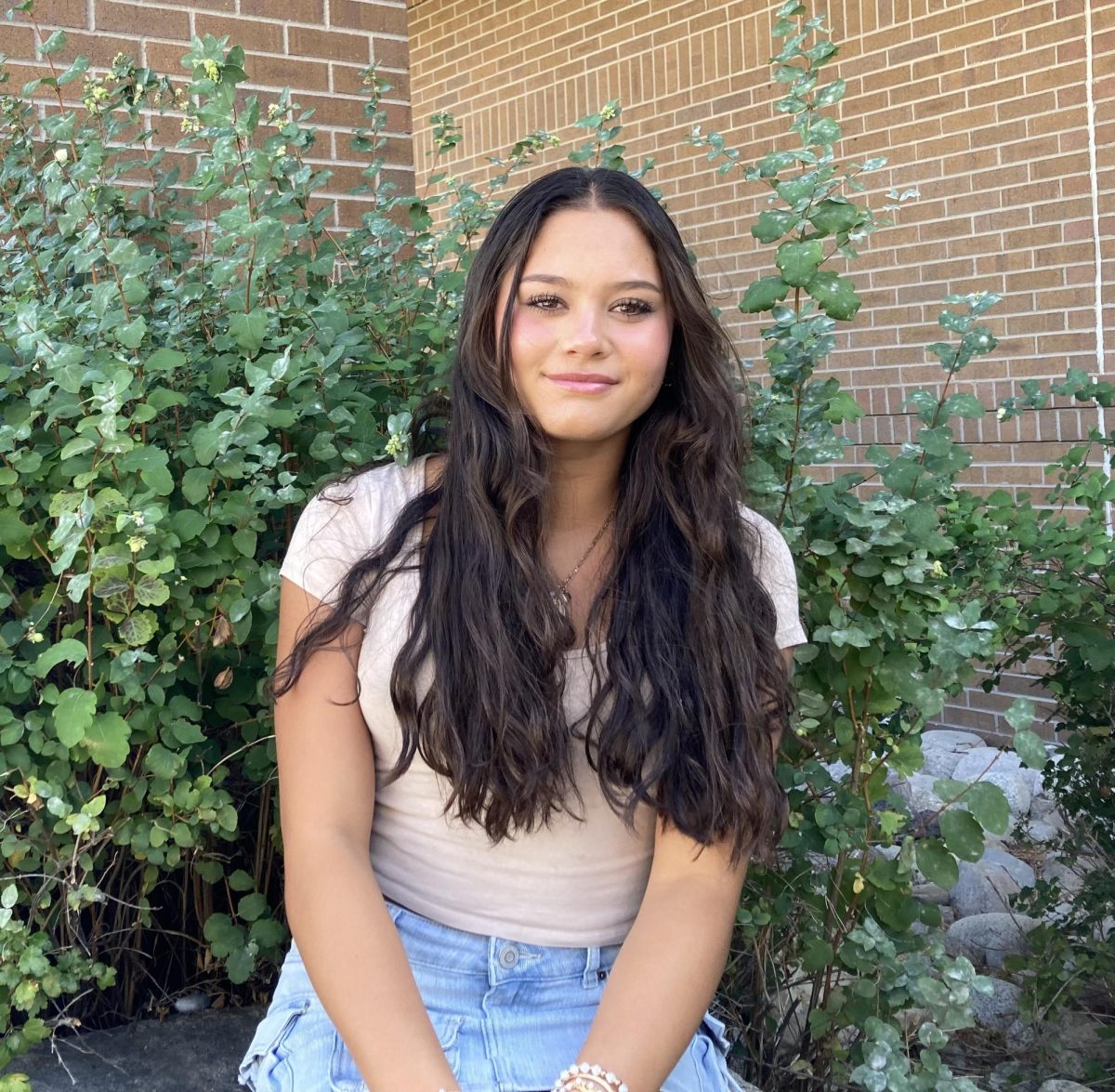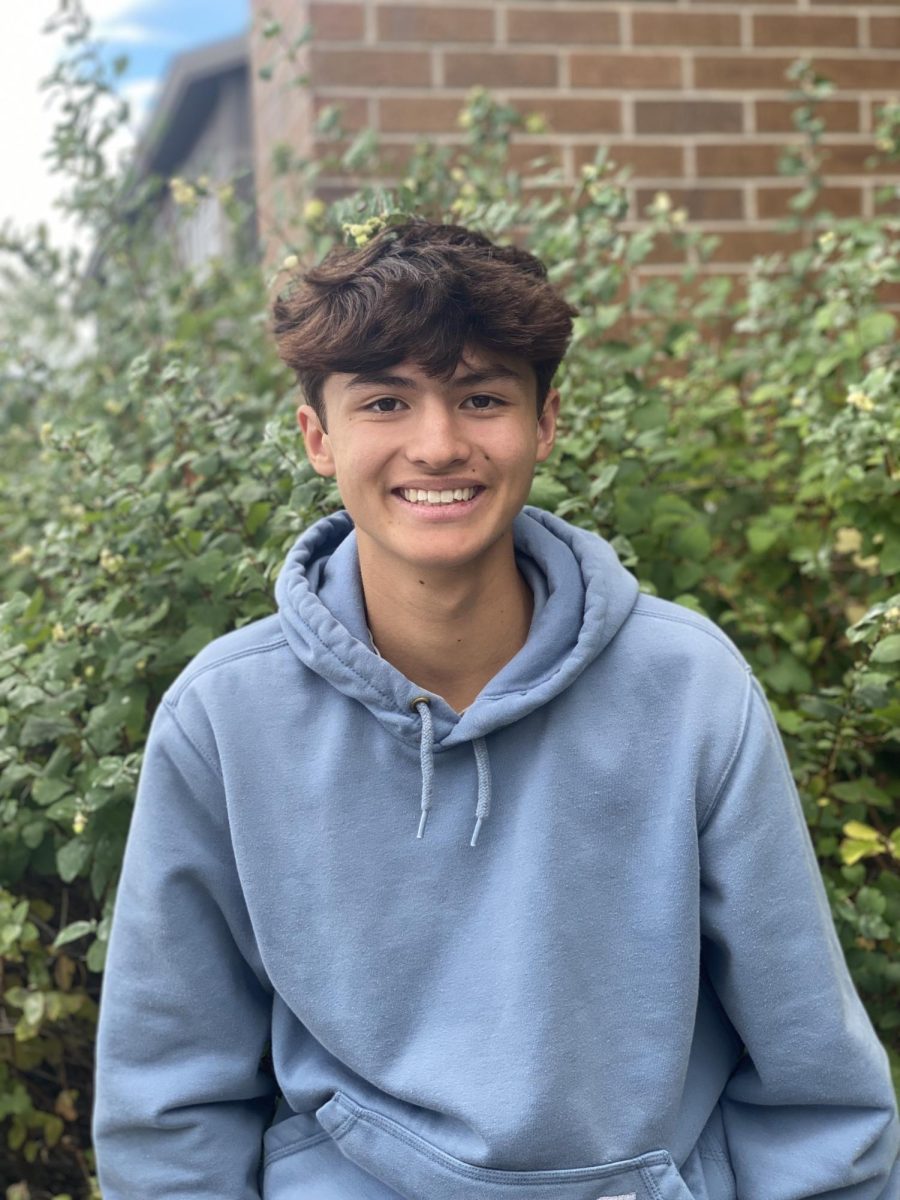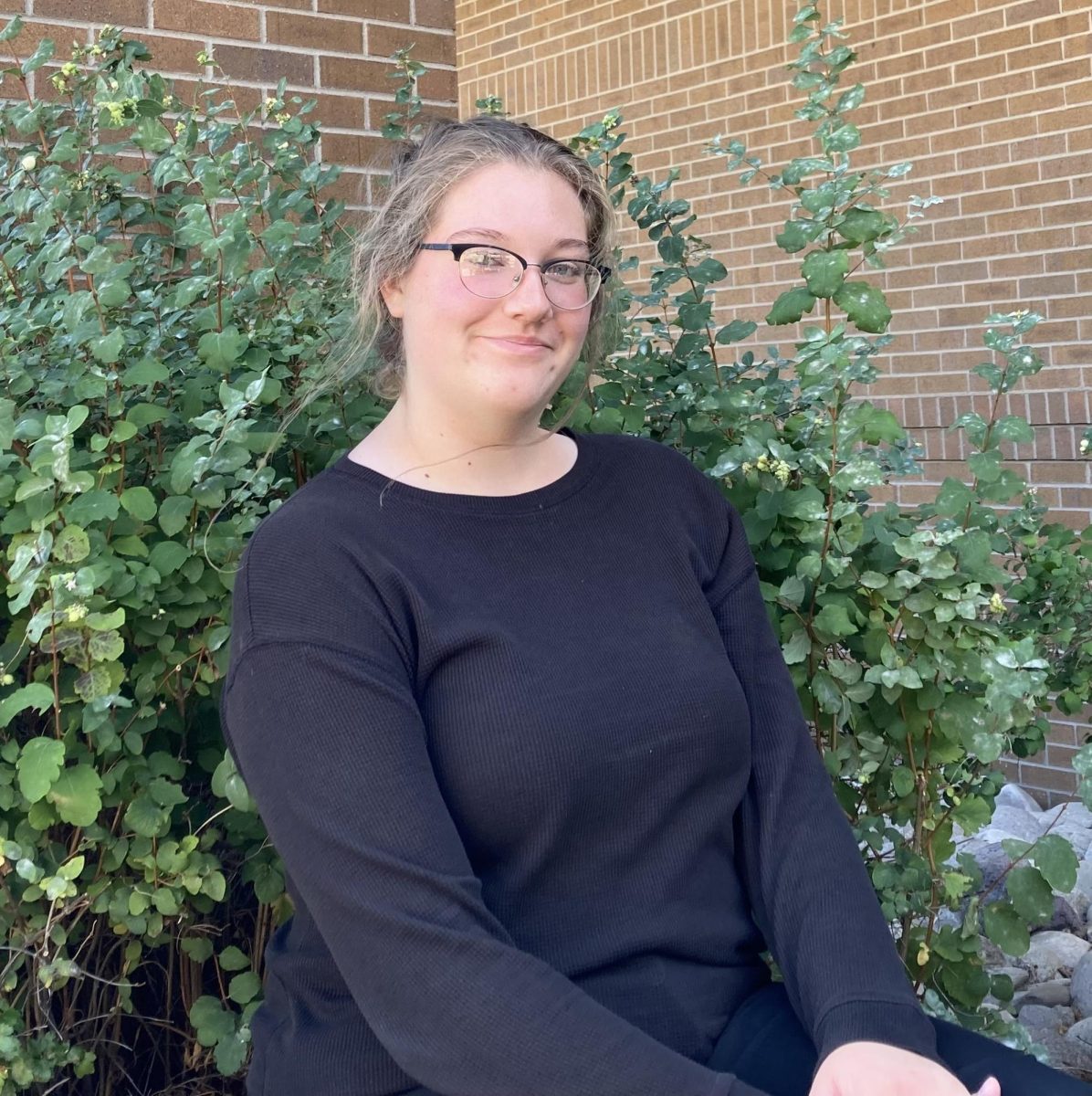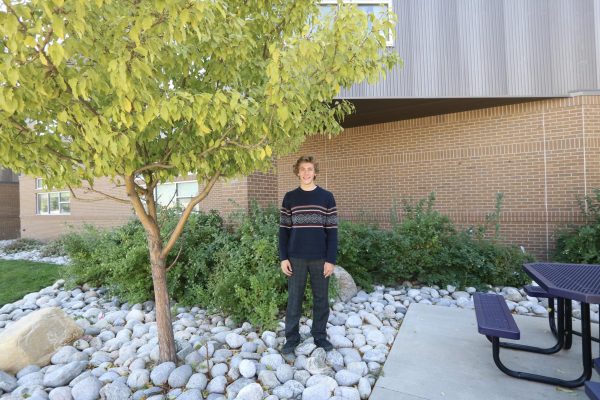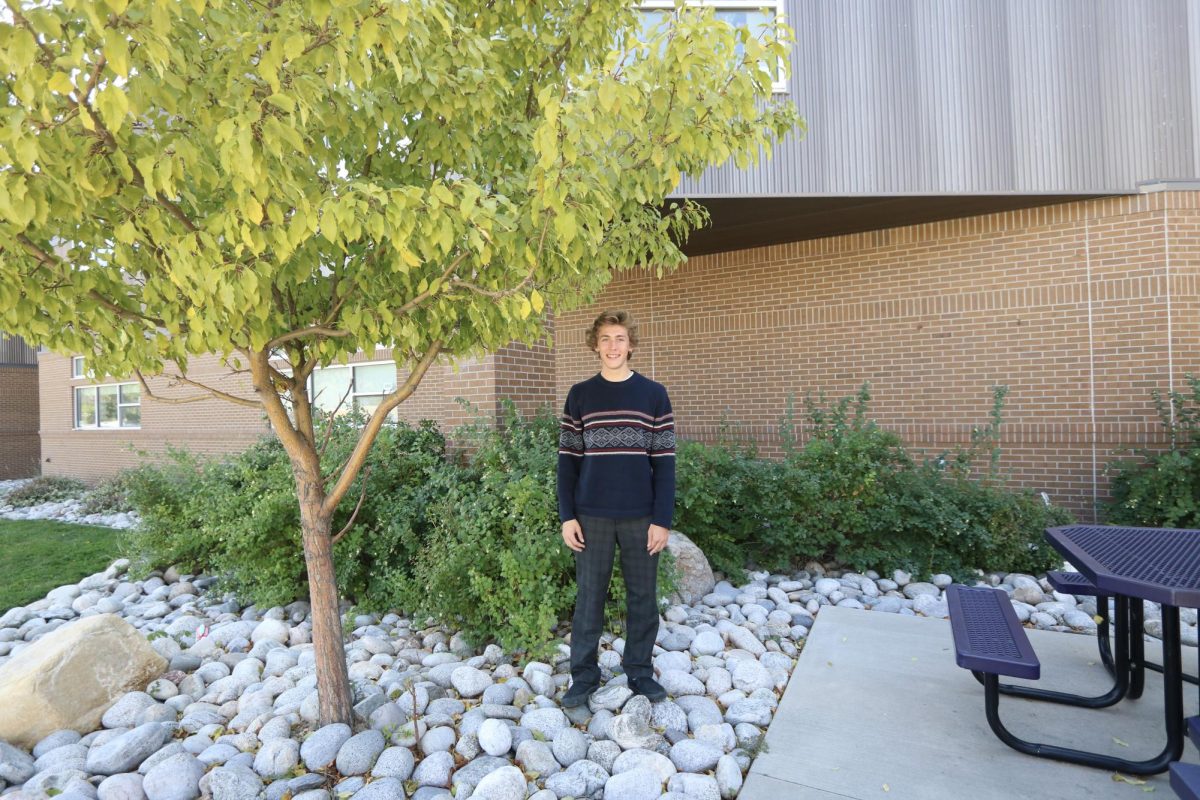
The topic of community service comes up frequently in the constant stream of information that is high school. Whether discussing graduation requirements, college applications, or extracurriculars, there is a common theme. “Ughhh. I need more volunteer hours. I really don’t wanna do that.” This statement comes in many forms, and hearing them from various high school students really puts it in perspective. The perspective? Volunteering isn’t volunteering when it’s required. Volunteer hours shouldn’t be a “requirement” for anything. Not graduating, not getting into a good college. The issue however, isn’t volunteerism. As someone who has put hundreds of voluntary hours into their community through various programs, volunteering isn’t bad, rather it’s an excellent way to give back and support your community. It’s the system in place regarding volunteers.
So the structure for volunteering is broken. Does that mean we get rid of volunteer opportunities? Of course not. Instead of requiring people to volunteer, the solution is to build volunteerism into the system. McGraw provides a unique window into what this may look like, detailing her observations of Gonzaga High School, a private, all-boys catholic school in Washington DC. The school has a homeless shelter on campus, providing a way for the students to work with those who are less fortunate. At Gonzaga, service is built into the way that the school is run. While the model isn’t perfect, 40 service hours are still required to graduate, and the irony of a homeless shelter within the walls of a school with a 35,000 dollar a year tuition is not lost, it suggests that the culture of volunteerism has shifted in this instance.
Community service can take on many forms. Sometimes it looks like spending a few hours working at the homeless shelter, soup kitchen, or retirement home. But one issue with the idea of community service is that people seem to think it has to be organized. In reality, picking up a few pieces of trash on the way home, spending time with your elderly neighbor, or even something as simple as holding the door for others are all forms of community service. In fact, being an informed, involved citizen is the most important service you can provide. Because when you realize what your community means to you, doing things for it won’t feel like work. In a commencement speech at Wesleyan University, President Obama explains that “There’s no community service requirement in the real world. No one is forcing you to care.” This is true. However, Obama argues, you shouldn’t have to be forced. “It’s because you have an obligation to yourself. Because our individual salvation depends on our collective salvation.”
This issue with “mandatory volunteerism” is that it strips the purpose of giving up your time to do something for others down to personal benefit. It takes something that’s supposed to say “There’s nothing in it for me, but I’m going to do it anyway because that’s the right thing to do.” and turns it into “What’s in this for me? I guess I’ll do it.” In an op-ed for the New York Times, Frank Bruni writes about this trend of mission trips. “Why is it fashionable to spend $1000 plus, 20 hours traveling, and 120 hours volunteering in Guatemala for a week?” Why indeed? After all, all of that extra time and money could be spent making a far bigger impact closer to home. Maybe it’s because the trip boils down to “… a few lines or paragraphs on their applications to selective colleges.” While this particular type of volunteering isn’t mandatory, it sure does seem ingenuine.
The real spirit behind volunteering can’t come from a place of personal gain. Rather, when one decides to volunteer, the goal is that it comes from a place of furthering one’s community first, oneself second, and finally, accepting whatever benefits trickle down eventually. Volunteering and community service should be the reward in itself, and the things you get to say on your college application should be the cherry on top. To help people realize this, we must build a culture of volunteerism through the education system, not as a requirement, but as an opportunity. A voluntary choice to expand one’s horizons, build relationships with others, and through hard work, provide wealth that no money, statistic, or degree could give. That’s what volunteerism means.


